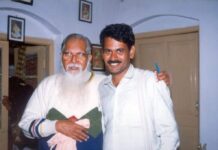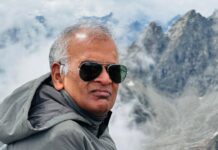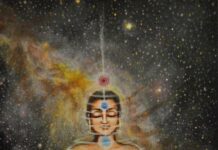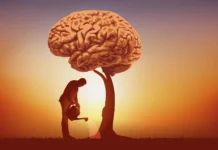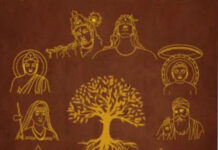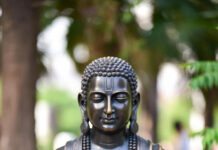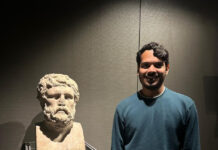
As a writer, I imposed a duty on myself—a social responsibility, to be more precise. I began engaging in conversations with my readers, responding to their letters, giving public lectures, and traveling the world to participate in discussions. Generally, modern writers do not engage in these activities; they are skeptical of the concept of social responsibility, and many are also pessimistic about the future of our civilization.
I never preach in my fiction; instead, I write it to understand myself and the world around me. While writing fiction, I evoke a dream through language, and dreams are beyond our control. I am gaining knowledge through reading and travel, and I am confident about certain things. I believe it is my responsibility to clearly present these ideas to the readers.
I know other experts and masters can say the same things more authentically, but I have a quality that they lack. I may call it the skill of language or the talent to express. I know the risk in this: simple-minded readers may confuse my ideas with my fiction, and they may reduce my work of art to mere manipulations of ideas. Some people never read my books, but they may have heard about me on social media and defined me based on their limited understanding.
I am aware that this discourse may alienate some of my potential readers. However, I feel compelled to take this action, as not doing so could result in feelings of guilt. The reason is that there are not enough public intellectuals in Tamil Nadu’s socio-cultural scenario. Here, opinion makers include only politicians, popular speakers, pseudo-godmen, simple media people, and popular film personalities. In this situation, a writer has to speak.
Here, a writer must present an alternative interpretation of the simplistic popular ideas. He must reveal the power dynamics at play in these popular discourses. At the same time, he has to fight against the simplified political notions and superstitions of tradition. It is his fate to face the wrath of all power centers, but he should accept it.
Every issue has a unique ‘writer’s truth’ that only a writer can articulate. In a society that utterly disrespects writers, expressing one’s opinions only invites widespread opposition, trolls, and occasionally, direct physical attacks from the public. I faced it all. Political forces are relentlessly harassing me. On two occasions, I went into underground exile. I should confess this: yes, many times I feel depressed, and my family and friends were worried about the consequences. But at the same time I feel a deep comfort inside me. It stems from the pride I feel when I realize that I am fulfilling the historical obligation of being a writer.
People often misunderstand me because I express complex ideas. Despite my strong opposition to religious fundamentalism, I maintain that the three major religions of India, along with the intricate folk culture of this region, embody the fundamental archetypes and ideas of Indian culture. If we pit simple atheism against growing religious fundamentalism, we lose the battle because we are ceding our arts, literature, and entire spirituality to the religious fundamentalists.
I reject both the monoculture of Indian nationalism, or Hinduism, and regional divisionist politics, which stem from ethnic or regional differences. We cannot counteract one form of fundamentalism with another. I subscribe to Gandhism, which is a form of anarchism and micropolitics. For the past thirty years, I have been writing about it. I am meeting social workers who share this idealism and organize events for them. But we are a small minority here.
Personally, I am scared of ideologies; ideologies have the potential to turn people into intellectual slaves, and I believe it is our responsibility to resist them. Spiritual and intellectual freedom directly contradict belief in an ideology. Spiritual attainment directly contradicts belief in an ideology. Yes, inconsistency is the greatest virtue in the realm of spiritualism. The only way to be free is to believe in one’s own consciousness and flow like a stream.
Therefore, I must battle against nearly all influential groups and ideologies. They claim that anyone who cannot accept their viewpoints is on their enemy’s side. That is why every side labels me as their opposite. I may be alone, but this is a common experience for every good writer in their time. In fact, I have more people with me than some of history’s greatest writers and philosophers.
Sometimes I imagine myself as a lone apostle lost in the wilderness. But I feel a secret content in it; it magnifies me as I wish.


